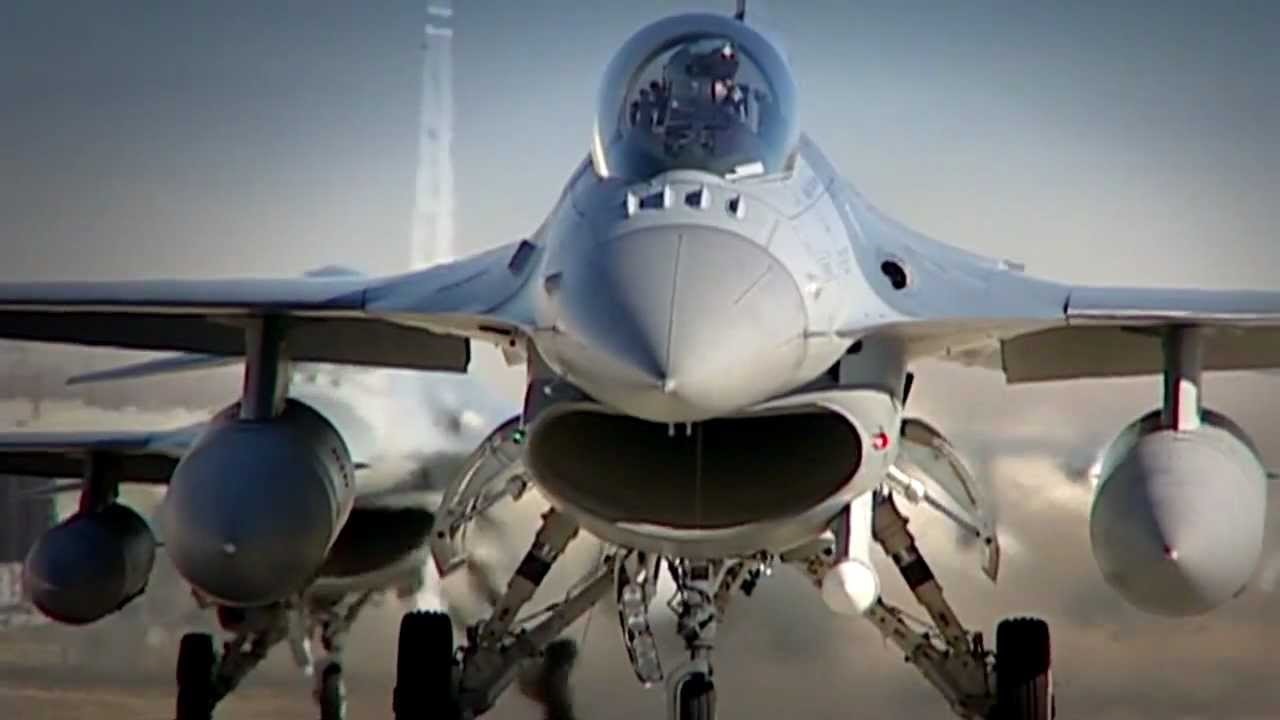History was just made in Turkey.
Last week the Turkish Air Force accepted its first deliveries of locally upgraded F-16 aircraft.
Born out of Project Özgür, the upgrade marks a major milestone for a Turkish defense industry that has relied heavily on Western imports and licensing for high-tech equipment such as fighter jets.
The U.S. has used Turkey’s desire to purchase the Block 70 and 79 upgrades as leverage to garner support for Sweden’s NATO bid.
By completing an in-house upgrade, Turkey has reduced such leverage and lessened its reliance on outside partners. “We delivered our first F-16s. From now on, our F-16s will continue to serve our air force with much more advanced capabilities. May it be a gift to the Turkish century,” state news outlets reported.
History of F-16 in Turkey
Turkey began the process of modernizing its air force shortly after the country’s accession to NATO in 1952. A major leap forward came in the mid-1970s when it acquired McDonnell Douglas F4 Phantoms. In 1983, Ankara placed its first order for the F-16 Fighting Falcon. Currently, Turkey is one of five countries outside the U.S. that is licensed to build the F-16 domestically.
What Are the Upgrades?
The improvements primarily center on avionics and electronics, modifying the pilot interface. In particular, the way the pilot enters data has been upgraded, as well as how information is displayed. Further avionics upgrades include an identify friend-or-foe system, an inertial navigation system, and an upgraded aiming system.
While these systems may not drastically improve the performance of Turkey’s aircraft, they add up to an important step in the abilities of Turkey’s defense industry to build and maintain complex systems and aircraft.
A far more critical component of the package is the installation of a MURAD active electronically scanned array radar. These radar systems are at the cutting edge of identification and target locking, and Turkey’s ability to produce them domestically puts Ankara in a strong position to compete against major nations. The MURAD radar is capable of air-to-air, air-to-ground, and air-to-ship tracking and targeting. It is highly versatile and increases the utility of the F-16.
What This Means for the Turkish Defense Industry
The past year has seen explosive growth in Turkey’s defense industry, driven primarily by the successes of their equipment in Ukraine. Early in the conflict, the Bayraktar TB-2 drone developed by Turkish company Baykar made headlines with its attacks on a Russian armored column bearing down on Kyiv. Ankara has been trying to present itself as a leading weapons manufacturer in the region, making the Özgür project more significant for President Recep Tayyip Erdogan.
Building on this success, the Baykar company is now working on a fully autonomous fighter, the Kizilelma. This type of technology is growing quickly in importance, with the U.S. Air Force aiming to develop a similar system as part of its Next Generation Air Defense Fighter.
In addition to these advances, Turkish Aerospace Industries recently rolled out their fifth-generation fighter, a key development after the U.S. kicked Turkey out of the F-35 program over its ties to Russia. The new fighter is reported to have a service ceiling of 55,000 feet and a top speed of Mach 1.8.
FROM 19FortyFive: How To Sink A $3 Billion Dollar Submarine: Leave A Hatch Open
FROM 19FortyFive – Ukraine War Ending: Putin Sick with Cancer and Passes Away?
FROM 19FortyFive – Ukraine War Ending: Putin Gets Wiped Out in Coup?
Maya Carlin, a Senior Editor for 19FortyFive, is an analyst with the Center for Security Policy and a former Anna Sobol Levy Fellow at IDC Herzliya in Israel. She has by-lines in many publications, including The National Interest, Jerusalem Post, and Times of Israel. You can follow her on Twitter: @MayaCarlin.

